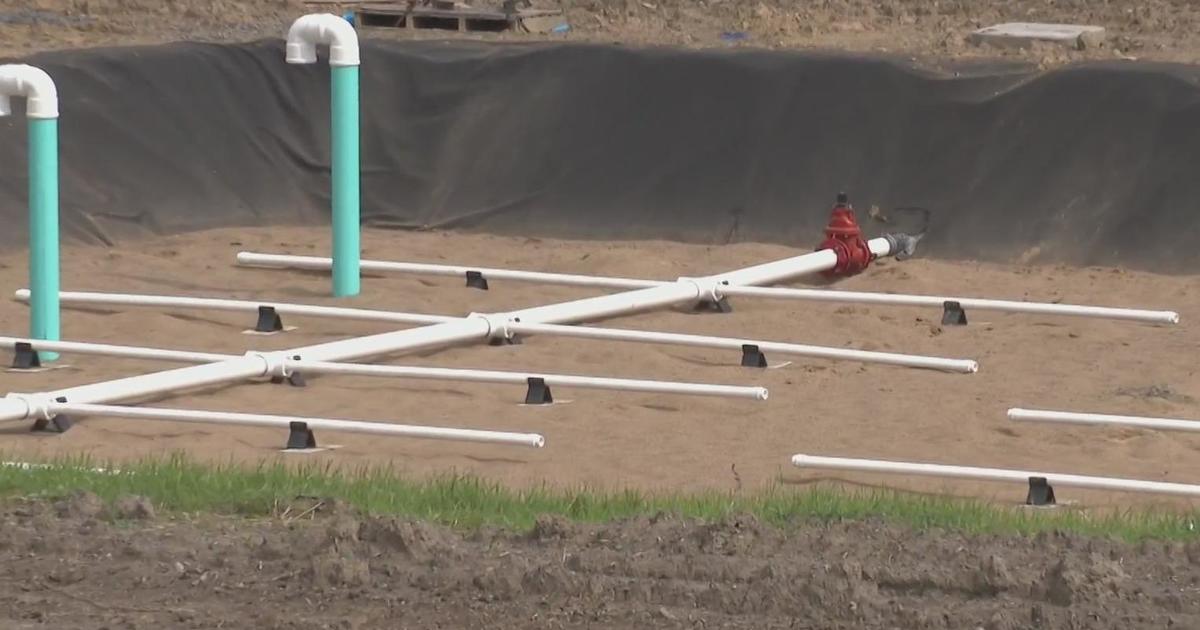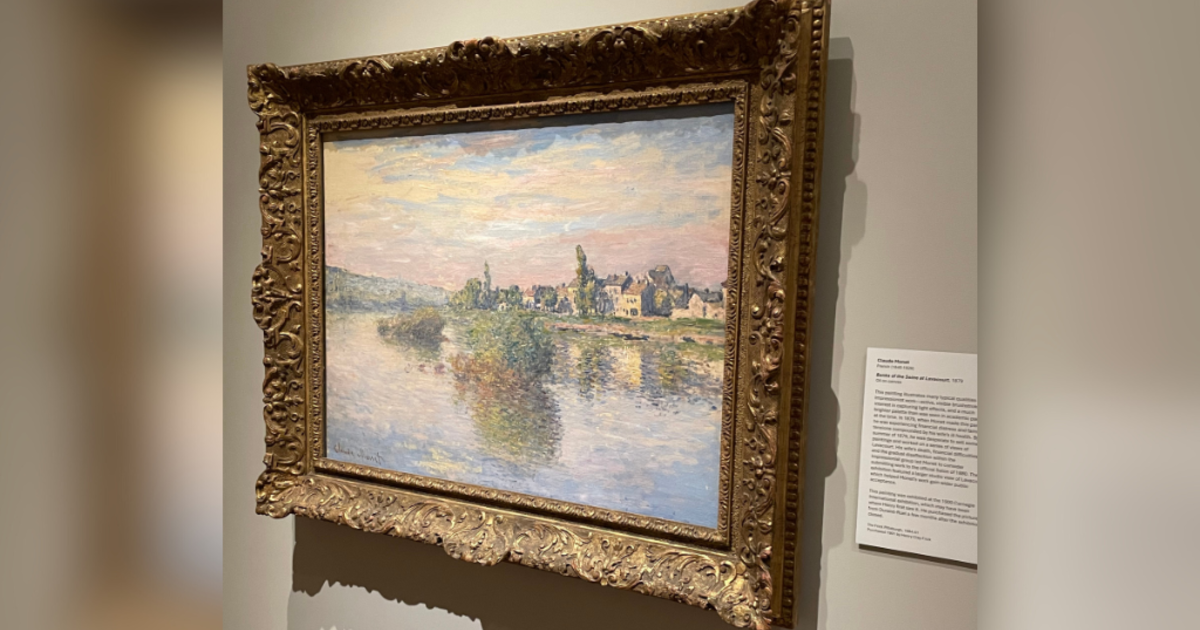Key To Fighting Cancer May Lie In Germs
PITTSBURGH (CBS) -- A year ago, Audra Katz was diagnosed with breast cancer. But before she got treatment, she gave researchers a stash of her germs.
"They gave me the kit. I was able to do it at home. It was a couple of swabs," she says.
"It's the new frontier of health, in medicine," says Emma McCune, a researcher at UCSF.
In samples taken from her mouth and gut, Audra handed over a treasure trove. Her microbes, along with samples from other breast cancer patients, may hold the key to diagnosing, treating and even preventing the disease.
"I think that we will find that they hold a key place in our understanding of cancer," says lead researcher, Dr. Laura Esserman.
About 100 trillion microbes - that's about two to six pounds worth - live in or on the human body.
"These are bacteria, fungi, viruses and other organisms," says Dr. John Swartzberg, of the UC Berkeley School of Public Health.
He says not all our germs are bad. In fact, most are beneficial. They break down food, teach our immune system to recognize danger, even produce anti-inflammatory compounds.
"These organisms are absolutely necessary to be living in us in order for us to survive," he adds.
- For more on this story, visit CBS San Francisco.
Our good and bad germs mix without problem. But, in women with breast cancer, the mix is off.
In one study, their breast tissue had lower levels of a protective germ, and higher levels of possibly damaging microbes
"There are differences in the breast tissue of people who have cancer compared to people who don't," says Dr. Esserman.
She says there are all kinds of colonies of bacteria that live synergistically in our bodies. And while much is unknown, one way to mess them up? Antibiotics.
"Antibiotics used inappropriately are extremely dangerous because they alter our microbes," she says.
Cultures that get rid of bacteria are plagued by autoimmune and allergic diseases. Research shows women who use lots of antibiotics are at an increased risk of breast cancer.
Doctors now wonder whether cultivating or maintaining a healthier mix of microbes could reduce the risk.
"Will that help us prevent breast cancer? That's actually the question of the day," says Dr. Esserman.
Another big question - whether you can manipulate your microbes, or microbiota, to improve cancer treatments.
Join The Conversation On The KDKA Facebook Page
Stay Up To Date, Follow KDKA On Twitter
"So our therapies are good but they can always be better," says Dr. Ami Bhatt, a professor of medicine and genetics.
"I'm very excited about investigating whether or not we can turn up the effectiveness of certain drugs that we know are pretty good in cancer by changing the composition of the gut microbiota," Dr. Bhatt.
In the meantime, Dr. Bhatt and her team have changed their lifestyles.
"I am actually very loath to take antibiotics unless I really need them," she said.
They eat more plants and fewer processed foods, it's what our microbes prefer.
"Maybe I should go home and eat more fiber. Or use fewer products with antimicrobials," says team member Fiona.
"I'm a lot more health conscious, knowing what my microbes need," says team member Jessica.
As for Audra, she says, "These microbes they're there. We need to figure out how to access them to potentially help us."



